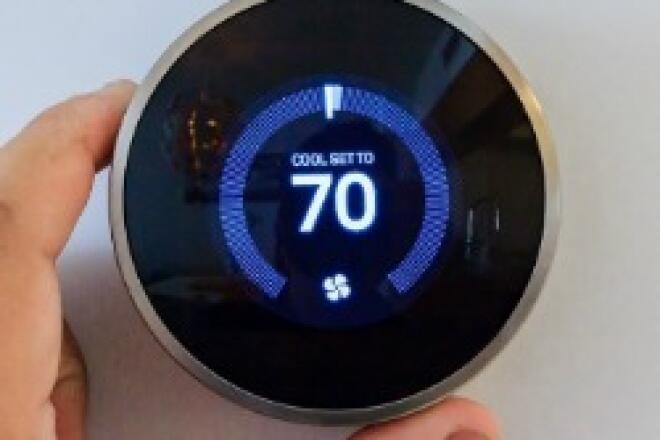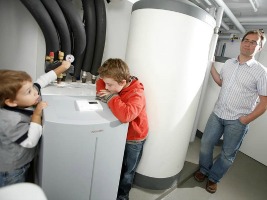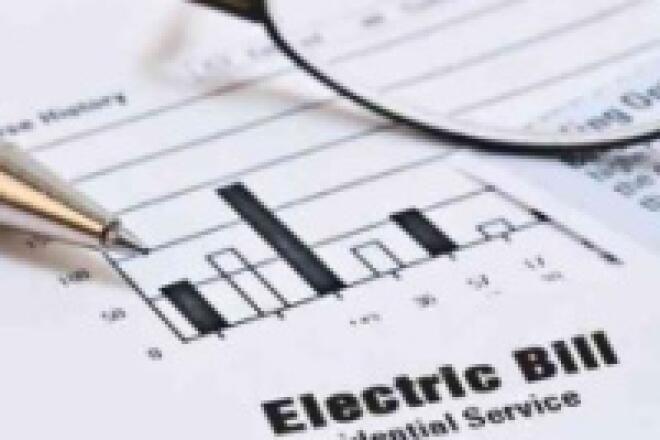
Why Beneficial Electrification Is Important
As new technologies are developed and introduced to various aspects of our lives, it can be difficult to decide which upgrades are worth committing to. Despite previous directives to use less electricity, there’s now reason to use more as electricity generation becomes cleaner. Beneficial electrification is the process of switching your energy sources from direct fossil fuel burning to electricity, which can be generated using renewable energy and low-carbon sources.
The three main goals of beneficial electrification for consumers are lowering prices, increasing the reliability of the electric grid and reducing its environmental impact. Electrifying transportation and home appliances can also improve quality of life compared to fossil fuel-powered equivalents.
Here are four emerging areas of beneficial electrification that you might be able to take advantage of:
1. Electric vehicles offer many benefits over gas-powered cars
Electric vehicle (EV) use has been growing rapidly over the last few years. Producing EVs uses fewer harmful emissions than traditional cars do, and EVs release no direct tailpipe emissions. The cost of electricity needed to power these vehicles averages about half of typical gasoline costs for the same distance traveled. This can lead to thousands of dollars in savings over the long-term. Electric vehicles are made of fewer parts than gasoline-powered cars, so long-term repair and maintenance costs are lower as well. Some drivers also prefer how EVs feel, since they have faster acceleration capabilities and provide a quieter and smoother ride. Electric cars are some of the safest on the road, with more of the vehicle body dedicated solely to protecting passenger well-being.
2. Electrifying public transportation can reduce greenhouse gases in the community
 Since the transportation sector produces nearly 30 percent of greenhouse gas emissions in the United States, swapping traditional public transportation and delivery vehicles to those that run on electricity would make large strides in becoming carbon neutral. Diesel exhaust released from traditional heavy-duty vehicles can cause respiratory illness, so switching to electric buses can save the city money in healthcare expenses. Switching to electric school buses helps protect the health and wellbeing of children who use them. There are already examples worldwide of other countries implementing electric buses on a large-scale, such as China, who boasts a fleet of over 400,000 electricity-powered buses. Delivery companies UPS and Amazon have purchased thousands of electric vehicles to transport orders which decreases the carbon footprints of purchases.
Since the transportation sector produces nearly 30 percent of greenhouse gas emissions in the United States, swapping traditional public transportation and delivery vehicles to those that run on electricity would make large strides in becoming carbon neutral. Diesel exhaust released from traditional heavy-duty vehicles can cause respiratory illness, so switching to electric buses can save the city money in healthcare expenses. Switching to electric school buses helps protect the health and wellbeing of children who use them. There are already examples worldwide of other countries implementing electric buses on a large-scale, such as China, who boasts a fleet of over 400,000 electricity-powered buses. Delivery companies UPS and Amazon have purchased thousands of electric vehicles to transport orders which decreases the carbon footprints of purchases.
3. Water heaters powered by electricity are safer than gas ones
Water heating accounts for almost 20 percent of household energy use and is a major area of opportunity to optimize and cut back energy costs. Electric water heaters are cheaper to both purchase and install than gas-powered heaters. They are also safer to own since there is no chance of a gas leak occurring. Electric-powered heaters have smaller space requirements (since they will not combust) and have less parts, so their life expectancy is longer than gas ones. Electric heaters are insulated better, so they are able to keep water warm for longer. With this feature, you can choose to heat water when costs are lower and use it when costs are higher. Overall, electric-powered heaters are more efficient and use cleaner energy than their gas counterparts, which rely on fossil fuels for power.
4. Electric resistance heating can make your home more efficient
 When you use electric resistance heating in your home, 100 percent of electric energy is converted to heat! If you want to use electricity to heat your home, there are many different options out there for you. These include electric furnaces, electric baseboard heaters, electric wall heaters and electric thermal storage. Storing electricity helps reduce energy costs since it can be generated and saved during less expensive times and then used during higher cost times, similar to storing hot water. Using heat pumps in conjunction can also help reduce energy costs. Heating powered by electricity is also safer and easier to install than gas heating.
When you use electric resistance heating in your home, 100 percent of electric energy is converted to heat! If you want to use electricity to heat your home, there are many different options out there for you. These include electric furnaces, electric baseboard heaters, electric wall heaters and electric thermal storage. Storing electricity helps reduce energy costs since it can be generated and saved during less expensive times and then used during higher cost times, similar to storing hot water. Using heat pumps in conjunction can also help reduce energy costs. Heating powered by electricity is also safer and easier to install than gas heating.
There are many different technologies in our everyday lives that can now be powered by electricity. Generally, these newer versions are safer to use and use energy more efficiently than the older gas-powered ones. Since electricity is increasingly generated without fossil fuels, you can use them to make a difference in reducing your carbon footprint. Beneficial electrification is one route to a cleaner future, so start considering which upgrades fit in with your life and energy goals!
Want to learn more about electric vehicles? Check out our electric vehicles guide, infographic and video for more information.



